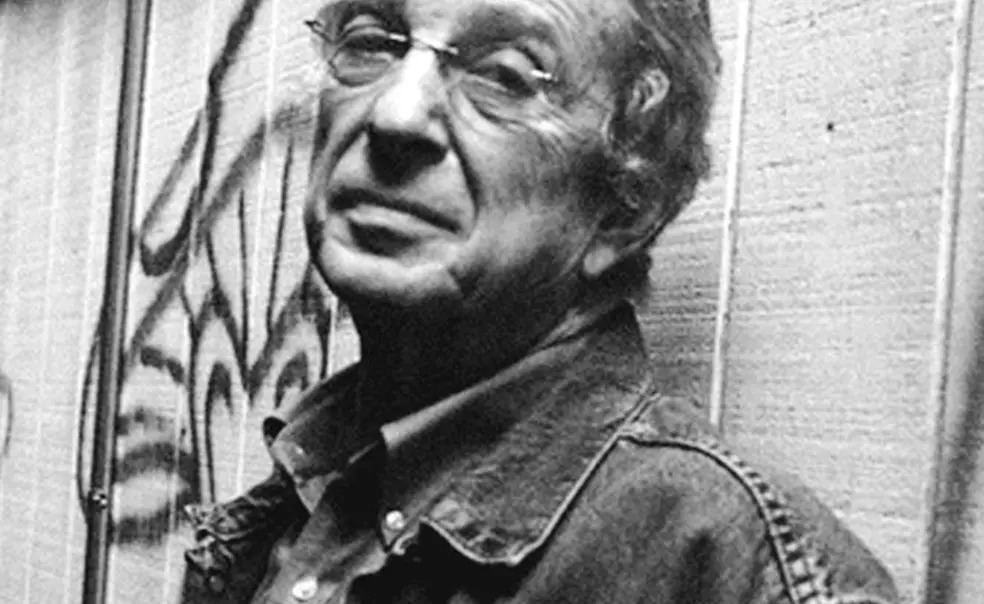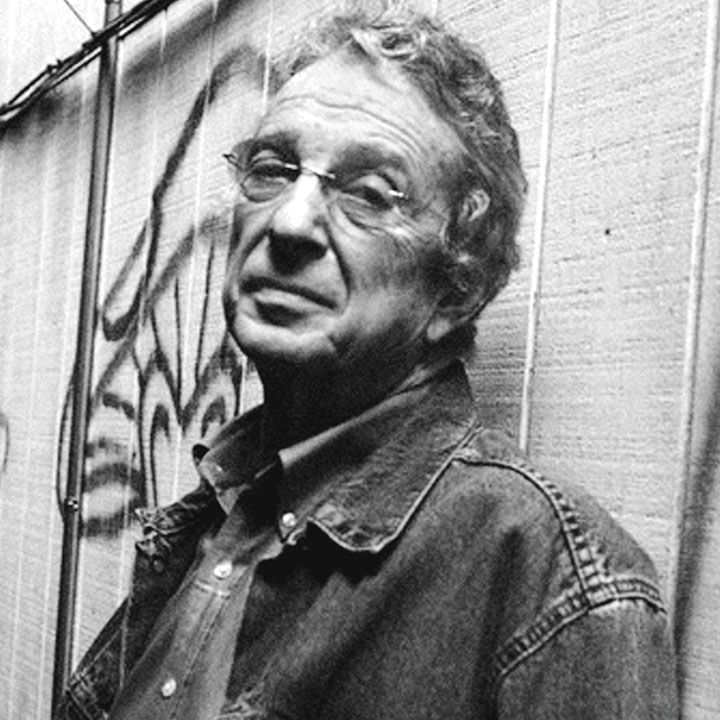Essay: Remembering C.K. Williams: Lessons in Translation, and Survival
In the spring of 2008, C.K. Williams gave a public lecture titled “What Is It That We Teach in a Translation Class?” I had taken a seminar with him nearly 10 years before, so while I couldn’t attend this event, I have an idea as to what he might have talked about.
The thing I loved most about his class was how he didn’t want to study literary theory pedantically as it applied to translation. He wanted us to slather paint upon our palettes and brush it directly on the page. This, after all, was the Lewis Center for the Arts, not the Institute for Advanced Study. There were a dozen or so students in that workshop, and he was there to show us how to mix the many hues of all our different languages.
Instead of a color wheel, we had a confusion of tongues, from the Romance languages to German and even Russian. One of the poems he had us work on was Paul Celan’s “Todesfuge,” or “Death Fugue.” What was this black milk? Do we drink it at “daybreak” or at “dawn”? At “sundown” or simply at “night”? About a year later, William H. Gass published Reading Rilke: Reflections on the Problems of Translation. In it, regarding the German schriee, he wonders, “Does the poet cry or shout or, again, cry out? Aloud? And do the angels fail to hear or heed or listen to him? How deep is their indifference? The cry is surely an inward cry. ... Why write ‘cry out,’ then?”
I didn’t know the answers quite yet, but I knew one thing: C.K. had taught me to ask the right questions.
We also worked on César Vallejo’s Los heraldos negros. I chose to translate the title as The Dark Riders instead of the more literal The Black Heralds, and C.K. seemed to like it. That’s when he taught me another important lesson about literary translation: You can go off the grid a bit from time to time if you can do one of two things — either be able to justify your decision, or submit to what P.D. Fawcett once called “the lordly, but completely unexplained, whimsy” of knowing that it just sounds right. C.K. told me that he himself preferred to take a line from that same poem, “Yo no sé” — literally, “I don’t know” — and turn the declaration into an interrogative: “But why?”
Who better to know when and where to insert a bit of poetic license than a master poet himself?
That was the only class I took with him, but it was enough for us to keep in touch for the rest of his life. After I graduated, I managed to find work as a professional literary translator, which was news that he seemed to enjoy. “It makes my teaching of it seem a more reasonable activity than it often does,” he wrote in one email to me.
A few years later, when he learned that I had been diagnosed with brain cancer, he sent me a poem (unpublished at the time) about his own experience with the disease. “I’m a survivor, too,” he wrote, “with perhaps some of the same emotions you’d have experienced.”
I read it over and over again in silent kinship. For us, the black milk we drank was chemotherapy. We drank it morning, noon, and night. Until it couldn’t repair us anymore. Until all that’s left is the coda of his poem:
Too late for me to be frightened of losing my pot-bellied unbeauty, or anything else except maybe things
like remembering when Erv Goffman was dying and I said, “What will I do with only one super-ego?”
and he laughed, and I laughed, and what can you do, with everyone plucked out of your life except laugh?
Or not laugh, not every day, but not cry either, or maybe a little, maybe cry just a little, a little.














No responses yet